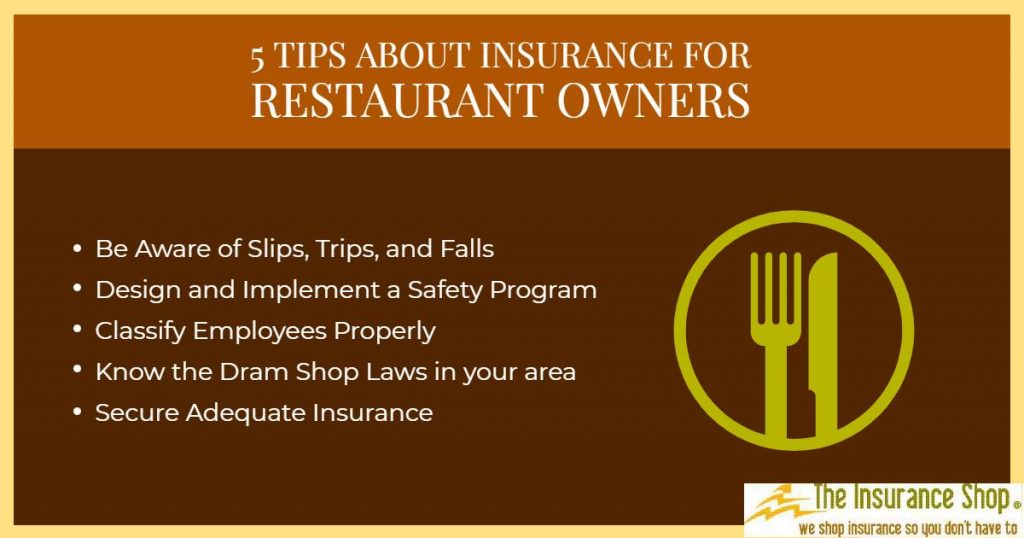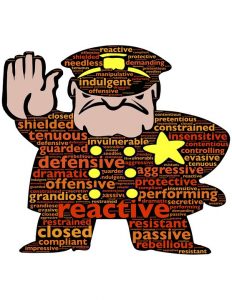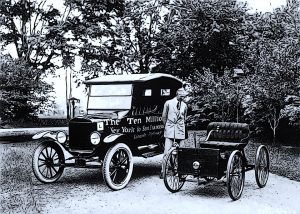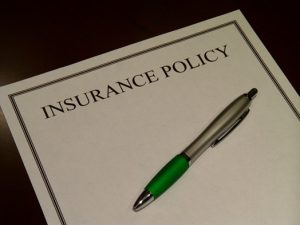General Liability Insurance covers your employees
General Liability Insurance only covers your businesses liability to third parties. Third parties do not cover your employees. Bodily injury claims that involve your employees would involve a workers compensation policy.
Insurance rates solely depend on a businesses claims history
There are many factors that go into what your business pays for commercial insurance and the businesses claims history is one of those factors. The size of your business, the industry you operate in, the class code within your industry, the years in business, how many employees you have, the revenue of your business and where your business is located also go in to what a carrier uses to determine a rate on premium.
Many businesses cannot afford insurance
There are many ways to save on commercial insurance. If price is important to your business than express that to your agent. They can negotiate on your behalf for better rates, deeper discounts or larger credits on premium. If you have well-documented safety programs in place than express that to your agent as well and they can use it to get a better rate. Another way to save on premium is to choose the pay as you go method for some coverages. This can allow your business to get coverage in place with a significantly less up-front cost.
If I have Workers’ Compensation Coverage my employees cannot sue my for anything
Workers’ Compensation Coverage can protect your business from injuries that occur as a part of normal business operations. Employees can sue your business for any reason at any time and it can cost your business a large amount to defend. The accusations do not have to be founded to rack up a lot of legal defense costs. Also, if your business does not have the proper safety precautions in place or if it is found that the injury resulted because of carelessness of the business or its leadership can cause you to be liable for damages.
Insurance is all-encompassing
In most states, workers compensation and general liability insurance are required by law. They are the bare minimum coverage that a business needs to legally be in business, but they are not enough coverage to adequately protect most businesses. For this reason, it is important to partner with an experienced independent insurance agent. They can negotiate with the carriers to get your business better coverage at rock-bottom prices.











